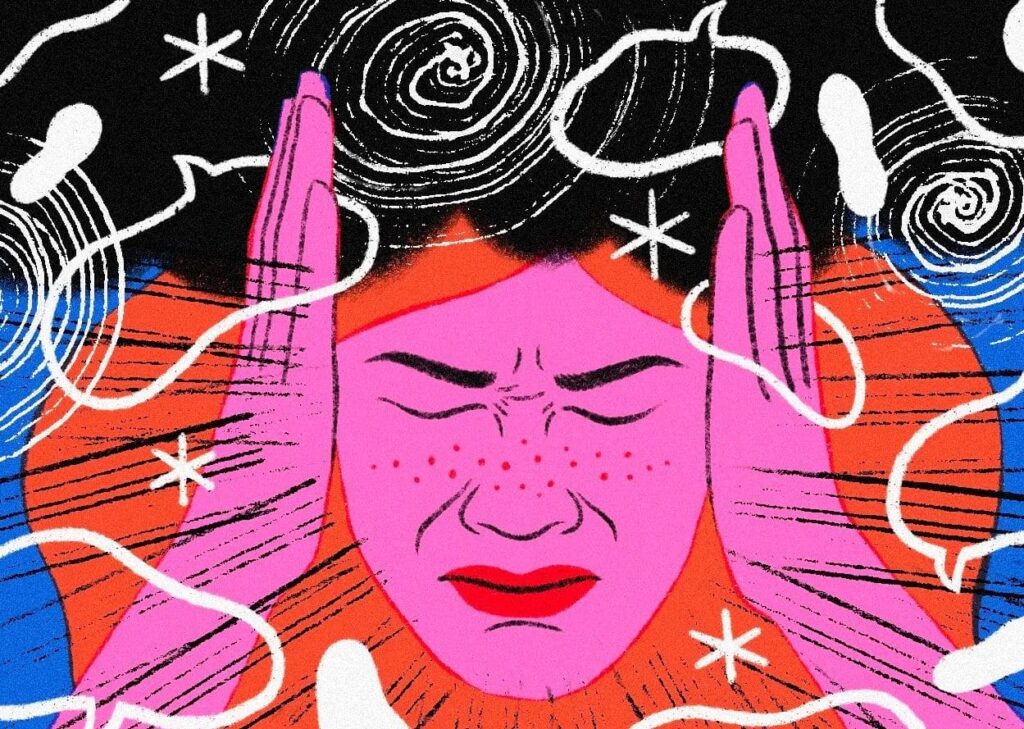Introduction
Stigma has three interconnected aspects, including social, structural, and internalized. Social stigma develops when a significant population develops stereotypes about stigmatized patients. Structural stigma refers to the organizational laws, regulations, and processes that limit the privileges and prospects of specific categories of people. Internalized stigma, the subject of the study, arises when an individual’s attitude reinforces an inferior self-perception in bipolar disorders, leading to a decreased sense of self-worth, the anticipation of social rejection, and behavioral addictions.
Decreased Sense of Self-Worth
Decreased sense of self-worth is a common symptom of bipolar disorder, and it usually corresponds to an ongoing episode in a patient. For example, bipolar disorder patients with internalized stigma manifest low mood, reduced capacity to perceive pleasure, lack of motivation, and thoughts of worthlessness during depressive periods (Ironside et al., 2019, p. 2). They tend to devalue themselves and consider themselves insignificant among people, and even among their close relatives and friends, which causes a chronic struggle regarding self and identity. Furthermore, the characteristics are linked to an increased likelihood of bipolar illness and an increased probability of relapse, making the victim develop self-hate, a feeling of hopelessness, and a low self-image within the community.

Anticipation of Social Rejection
Patients with bipolar disorders anticipate social rejection even at the family level and believe they are excluded by the general public, feeling as not part of them. Research indicates that people living with bipolar disorders develop expectations of social rejection and feel that, if they expose their mental issues to the public, they will likely be socially isolated (D’Astolfo et al., 2020, p. 2). Individuals with bipolar disorder fear public victimization and think they are excluded and disowned by close people due to their condition, which harms their mental state even more and compromises their demeanor. In that respect, persons with bipolar disorder have a self-perception of rejection by the people due to their state and fear that their situation could lead to social exclusion by the members of society.
Behavioral Addictions
Another major symptom displayed by individuals with bipolar disorder is behavioral addictions or substance use alongside the desire to isolate themselves from the general public. Studies have shown that individuals living with bipolar disorders have one of the highest rates of substance use, including cigarettes and alcohol, and also behavioral addictions like gambling, especially when experiencing mood episodes (Stokes et al., 2017, p. 132). Other than substance use, patients with bipolar disorder exaggerate certain things, like gaming online and Internet use, while at the same time displaying aspects of social withdrawal from other people and living a lonely life. On many occasions, individuals with bipolar disorder behave extraordinarily and get addicted to activities or things that are likely to exclude them from the wider community or are perceived as a way to lower their depressive conditions.
Conclusion
Self-perception in bipolar disorder patients display internalized stigma characterized by a decreased sense of self-worth, the anticipation of social rejection, and behavioral addictions. The victims suffer mood fluctuations with depressive episodes. As a result, people with bipolar disorder develop self-hate and feelings of hopelessness, and medical attention is necessary to remedy the condition.
References
D’Astolfo, L., Kirchner, L., & Rief, W. (2020). No1likesu! – A pilot study on an ecologically valid and highly standardized experimental paradigm to investigate social rejection expectations and their modification. Clinical Psychology in Europe, 2(2), 1–21. https://doi.org/10.32872/cpe.v2i2.2997
Ironside, M. L., Johnson, S. L., & Carver, C. S. (2019). Identity in bipolar disorder: Self-worth and achievement. Journal of Personality, 88(1), 1–22. https://doi.org/10.1111/jopy.12461
Stokes, P., Kalk, N., & Young, A. (2017). Bipolar disorder and addictions: The elephant in the room. The British Journal of Psychiatry, 211(3), 132-134. https://doi.org/10.1192/bjp.bp.116.193912


